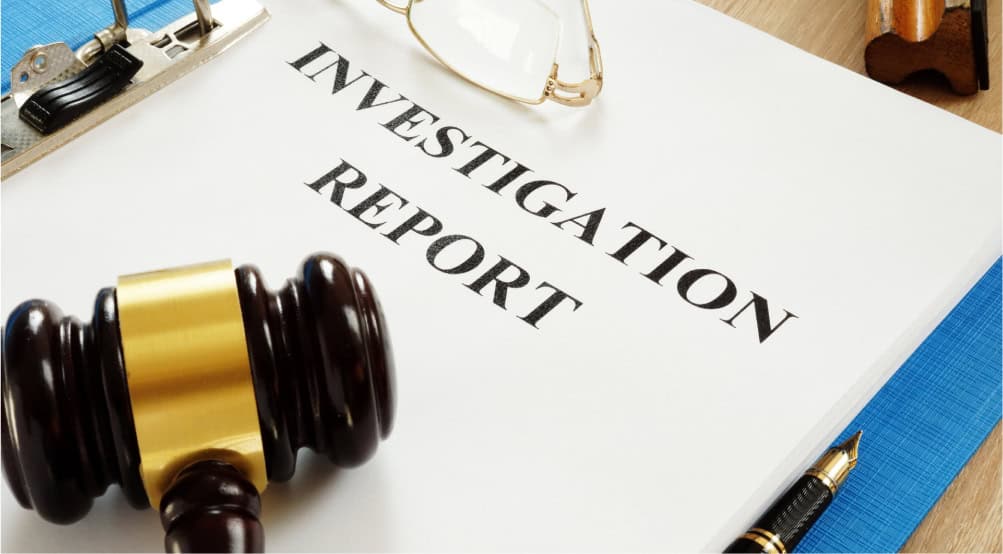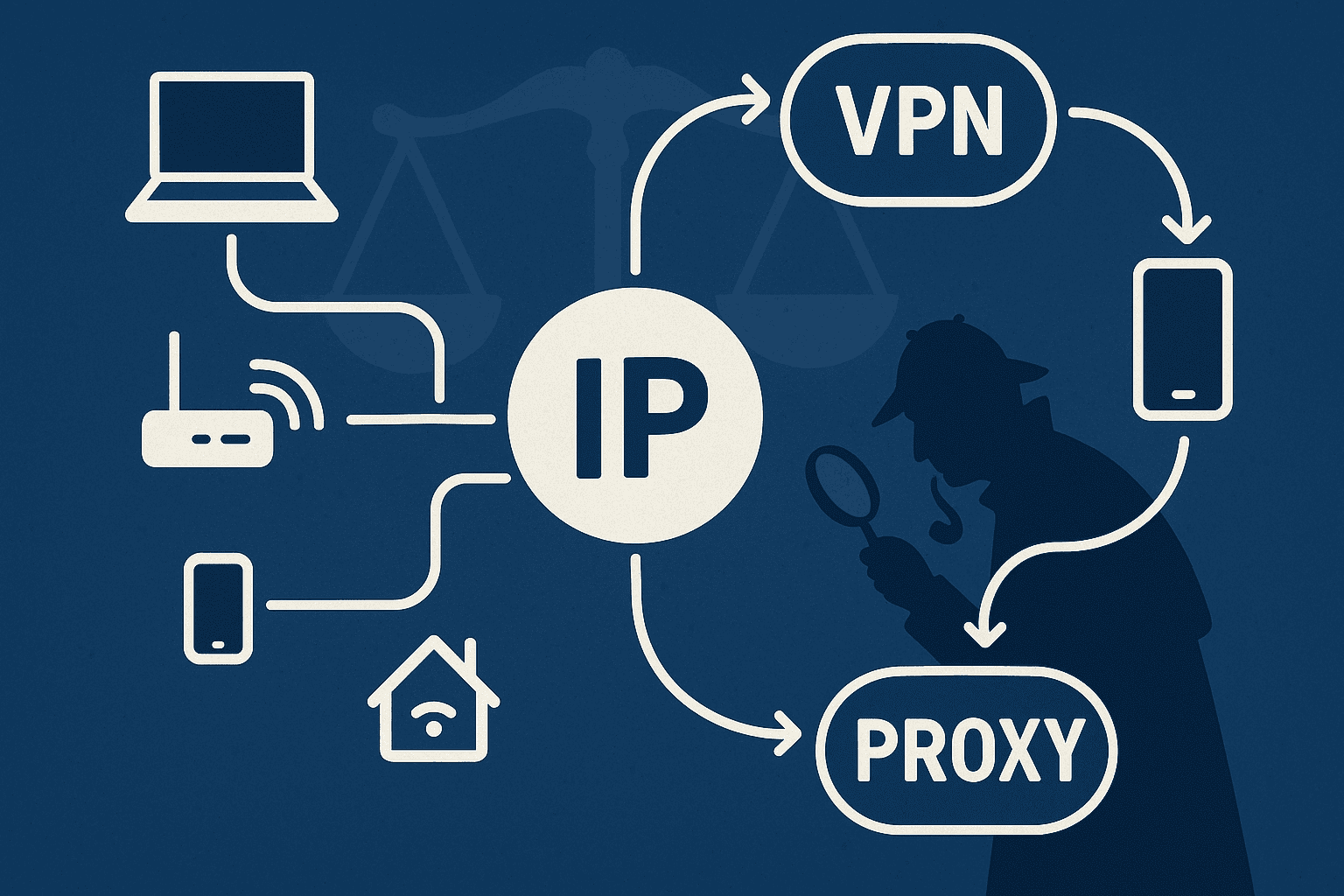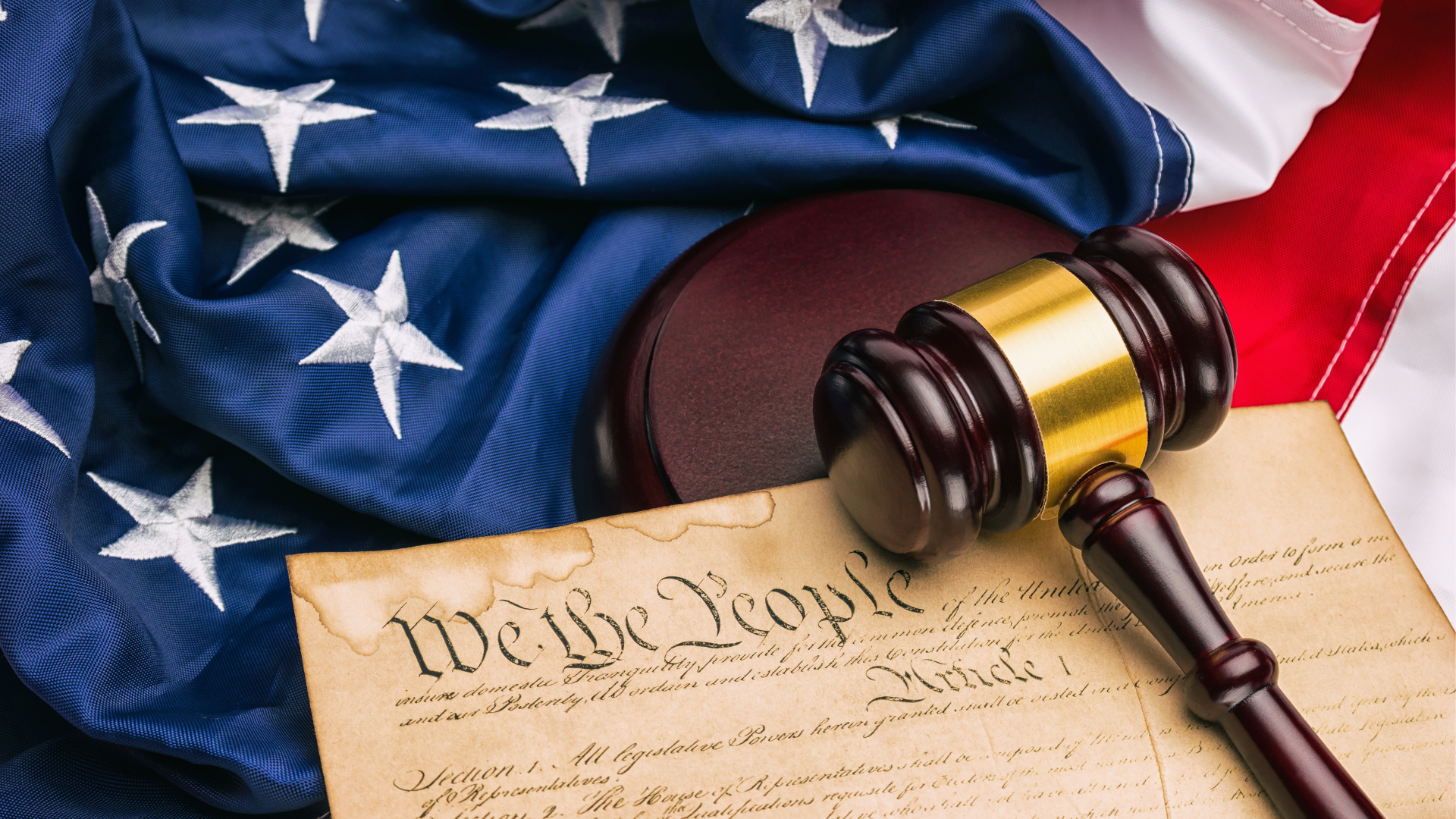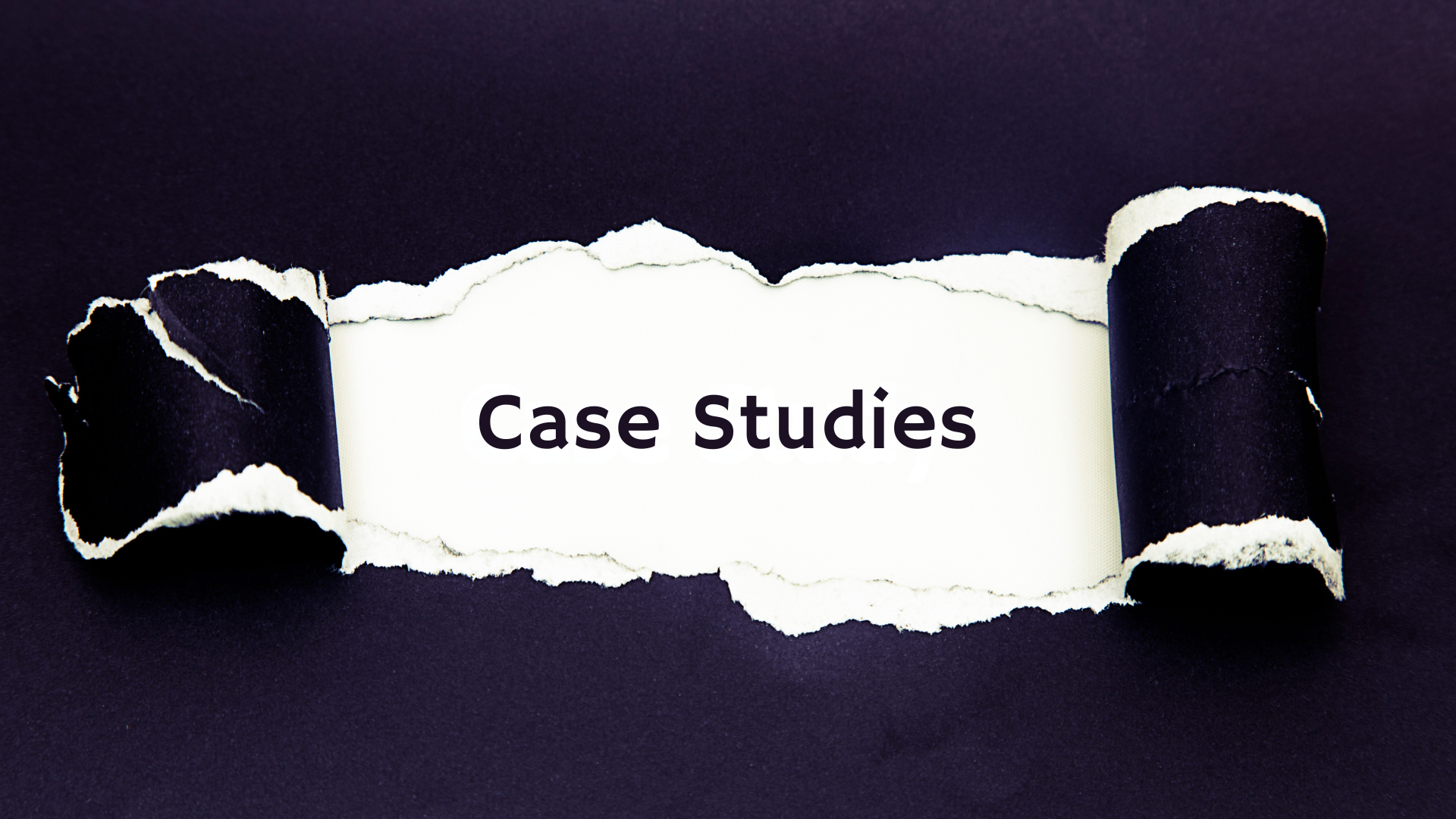In today's digital age, our lives are increasingly intertwined with technology. Smartphones, computers, and cloud services store vast amounts of personal and sensitive information. This digital landscape presents unique challenges and opportunities for legal professionals and forensic analysts when investigating civil and criminal cases. The legal authority required to conduct forensic examinations of digital devices and cloud services is one critical aspect that demands unwavering attention. Just because the user ID and password to a cloud service can be recovered from a mobile phone doesn't automatically confer a legal basis to search the cloud service.
The American Bar Association's article, "Forensic Examination of Digital Devices in Civil Litigation: Legal, Ethical, and Technical Traps," underscores the importance of understanding the legal and ethical boundaries of digital forensics. Both lawyers and forensic analysts share the responsibility to ensure that any forensic examination is conducted within the confines of the law. Failure to do so can have severe consequences, such as the exclusion of crucial evidence from court and civil or criminal sanctions, which can significantly impact the outcome of a case.
A fundamental principle that guides digital forensics is the necessity of a legal basis for any examination. This means that a warrant, subpoena, or court order must authorize the seizure and examination of a device or cloud service. The device owner's permission may suffice as a legal basis for a forensic examination, but it is crucial to ensure that the consent is informed, freely given, and properly documented. This responsibility should not be taken lightly, as it forms the foundation of any digital forensic investigation.
Merely possessing a user ID and password does not automatically grant unfettered access.
The ABA article emphasizes that lawyers (and forensic analysts by extension) must meticulously adhere to proper procedures for collecting and preserving digital evidence. This includes using appropriate tools and techniques to ensure the integrity of the data and maintaining a detailed chain of custody. Additionally, ethical considerations come into play, such as avoiding the collection of irrelevant data and respecting the device owner's privacy.
Defense attorneys play a crucial role in safeguarding the rights of their clients. They should routinely scrutinize the legal basis used by law enforcement to examine devices and cloud services. In civil cases, it is equally important to rigorously examine the opposing party's legal justification for accessing digital evidence.
Rigorously examine the opposing party's legal justification for accessing digital evidence.
By upholding these legal and ethical principles, ensuring compliance with laws such as the Wiretap Act, Stored Communications Act, Computer Fraud and Abuse Acts, the Federal Trilogy, and State Wiretapping/Eavesdropping and International Privacy Laws alongside the Fourth Amendment, we ensure that digital forensic investigations are conducted with integrity, fairness, and respect for individual rights. The interplay of these laws and the Fourth Amendment creates a complex legal framework that doesn't always provide clear guidance for all digital forensic investigations. In some cases, there may be nuanced legal issues involved, making it essential for lawyers and forensic analysts to thoroughly understand the relevant legal principles.
It is crucial to understand that the legal landscape surrounding digital forensics, particularly in the interpretation and application of laws such as the Wiretap Act, Stored Communications Act, and others, is in a constant state of flux. This dynamic nature of the law necessitates that lawyers and forensic analysts stay abreast of the latest developments to ensure their practices remain compliant and effective.
It is our collective responsibility to ensure that technology serves justice rather than undermines it.





